In the ever-evolving landscape of global business, leadership plays a pivotal role in steering companies through growth and innovation. This article delves into the profiles of ten influential CEOs who have made significant impacts in various industries, shaping the future of their respective companies and the markets they operate in.
From tech giants to financial powerhouses, these leaders exemplify strategic vision and resilience in an era marked by technological advancement and shifting consumer demands.
10. Dara Khosrowshahi, CEO of Uber
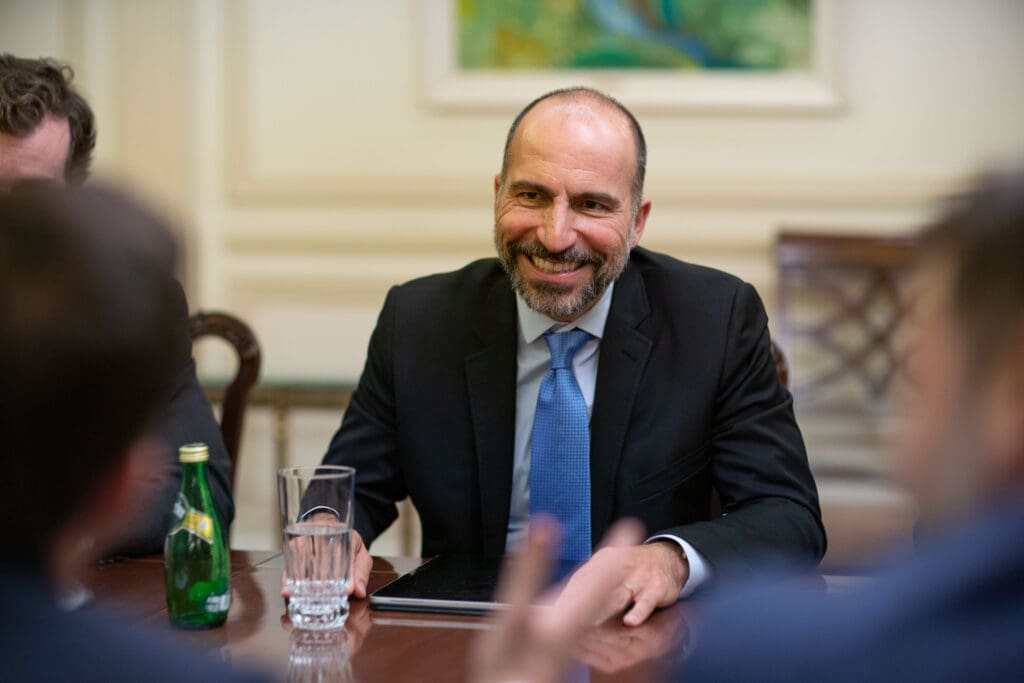
Dara Khosrowshahi has transformed Uber since taking the helm in 2017, steering the company to profitability and ethical practices. Under his leadership, Uber achieved a $1.1 billion operating profit in 2023 and is exploring partnerships with autonomous vehicle companies like Tesla. Khosrowshahi’s net worth is estimated at $170 million as of 2023.
9. Julie Sweet, CEO of Accenture
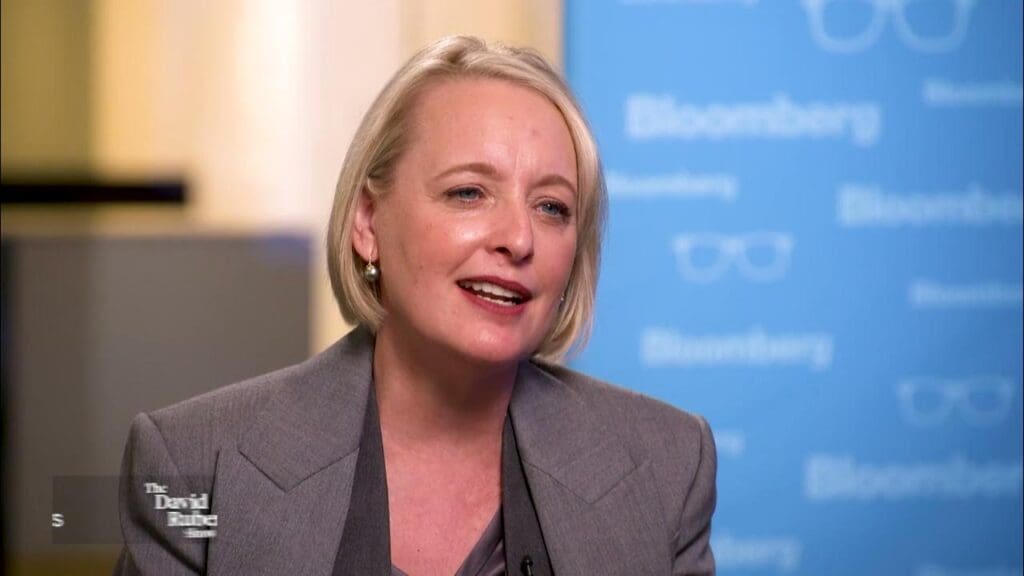
Julie Sweet has been at the helm of Accenture since 2019, leading the global professional services company with over 700,000 employees. Under her leadership, Accenture has focused on digital transformation and AI integration. Sweet’s strategic vision has driven the company’s revenue to $64.1 billion in 2023, solidifying her position as one of America’s most influential business leaders.
8. Brian Niccol, CEO of Chipotle

Brian Niccol, Chipotle’s CEO since 2018, has led a remarkable turnaround, nearly doubling revenue and increasing profits sevenfold. His innovative strategies in digital ordering, menu expansion, and employee benefits have driven Chipotle’s success. Recently appointed as Starbucks’ new CEO, Niccol’s proven track record promises continued growth and innovation in the food industry.
7. Reshma Saujani, Founder of Girls Who Code

Reshma Saujani’s impact extends beyond founding Girls Who Code. In 2024, she launched the popular podcast “My So-Called Midlife” and continues to advocate for women’s empowerment. Her organization has reached over 500,000 girls, significantly increasing their likelihood of pursuing computer science degrees. Saujani’s influence in tech education and women’s rights continues to grow.
6. Andy Jassy, CEO of Amazon

Andy Jassy, Amazon’s CEO since 2021, has led the company through significant growth and challenges. As the architect behind Amazon Web Services (AWS), he transformed cloud computing. Jassy’s leadership focuses on AI integration, employee welfare, and sustainability. His net worth, while substantial, remains below billionaire status, estimated at around $400 million.
5. Jane Fraser, CEO of Citigroup

Jane Fraser made history in 2021 as the first woman to lead a major Wall Street bank. As CEO of Citigroup, she oversees a global financial powerhouse with assets of $2.4 trillion. Fraser’s strategic vision focuses on digital transformation, sustainability, and improving Citi’s risk management. Her leadership during economic uncertainties has solidified her position as a influential figure in finance.
4. Tim Cook, CEO of Apple
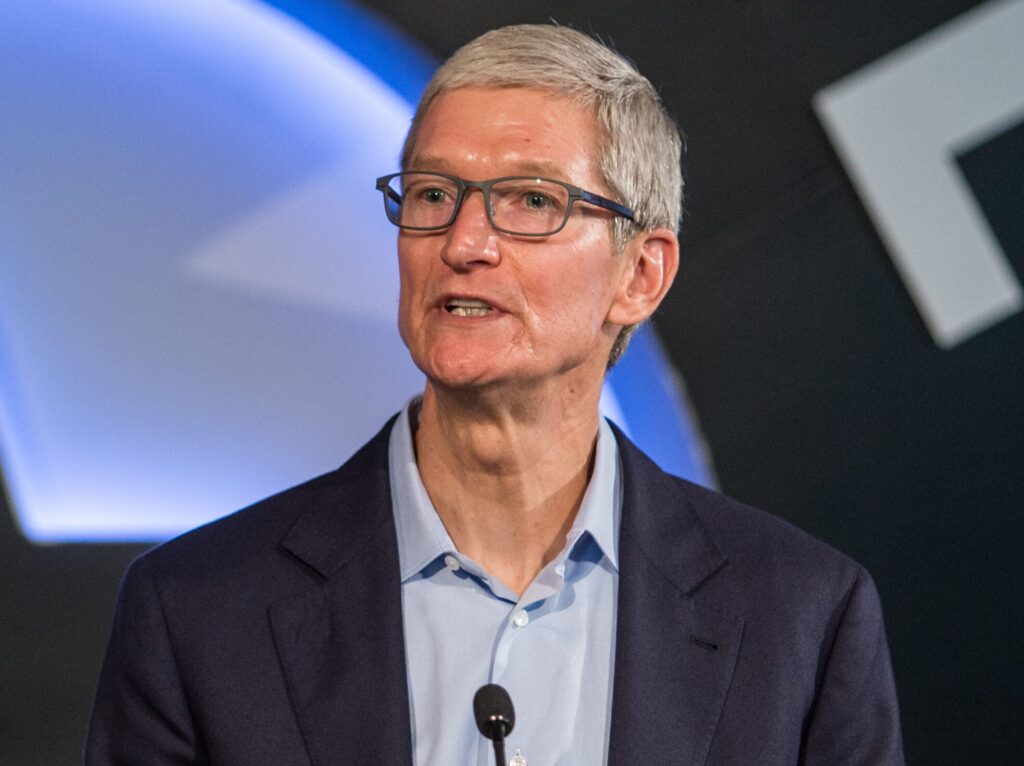
Tim Cook, Apple’s CEO since 2011, has led the company to unprecedented success, doubling revenue and profit while increasing market value to over $3 trillion. Known for his operational expertise and supply chain innovations, Cook has also championed social causes and environmental initiatives, making Apple a leader in corporate responsibility.
3. Sundar Pichai, CEO of Alphabet and Google
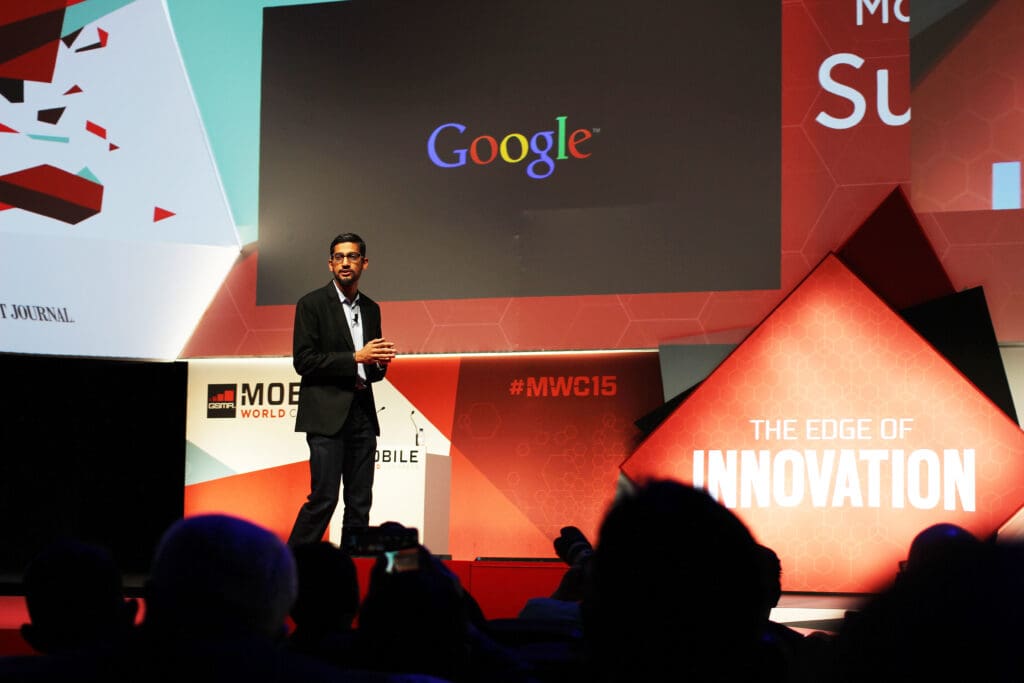
Sundar Pichai, an Indian-American executive, has been at the helm of Google since 2015 and Alphabet since 2019. Under his leadership, Google has made significant strides in AI and cloud computing. In 2022, Pichai’s compensation package totaled $226 million, making him one of the highest-paid CEOs globally.
2. Satya Nadella, CEO of Microsoft
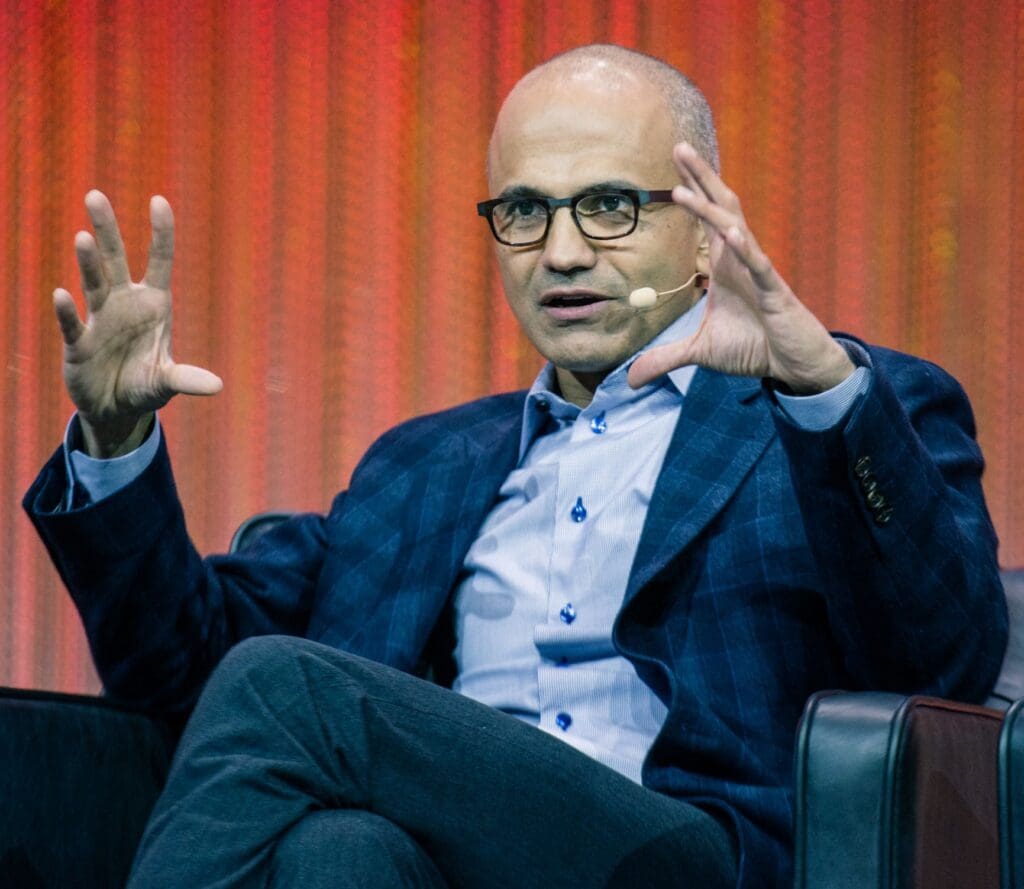
Satya Nadella has transformed Microsoft since becoming CEO in 2014, focusing on cloud computing and AI. Under his leadership, Microsoft’s market value surpassed $3 trillion in 2025, making it one of the world’s most valuable companies. Nadella’s emphasis on empathy and innovation has reshaped Microsoft’s culture and positioned it as a leader in the tech industry.
Read More: 5 Signs of Toxic Leadership
1. Mary Barra, CEO of General Motors

Mary Barra, the first female CEO of a major automaker, has led GM since 2014. Under her leadership, GM has invested heavily in electric vehicles and autonomous driving technology. In 2025, Barra emphasized the company’s flexibility to adjust production between EVs and gas-powered vehicles based on consumer demand, showcasing her adaptability in a rapidly changing industry.
Read More: Scandal in the Corner Office: 10 CEOs Who Totally Blew It








